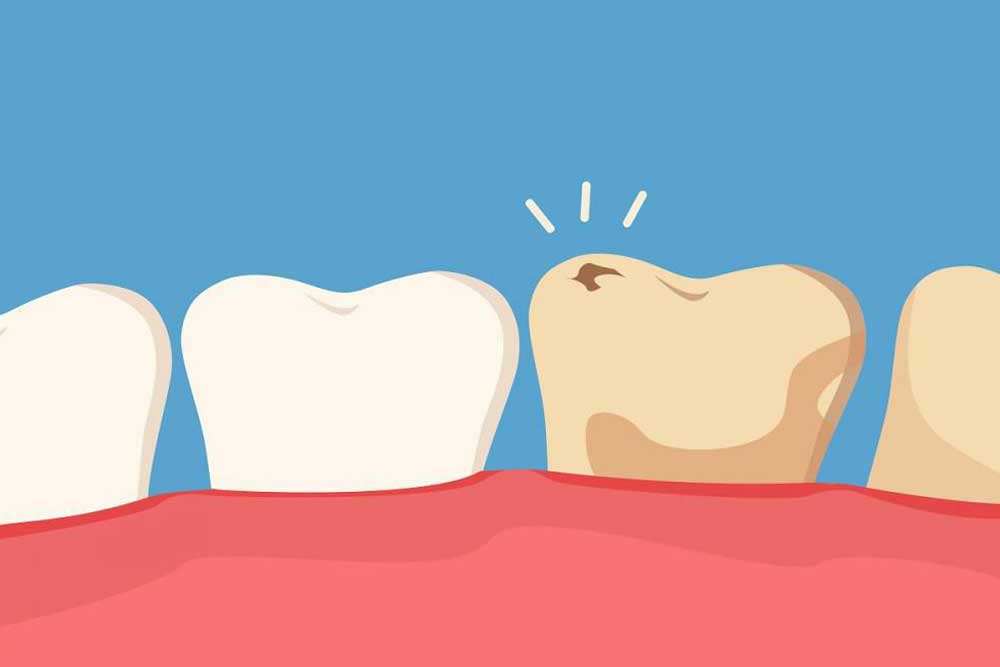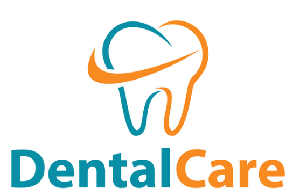Introduction
Tobacco and alcohol consumption are prevalent habits in many societies. While the adverse effects of these substances on overall health are well-known, their impact on oral health is often overlooked. This article explores the connection between tobacco, alcohol, and oral health, shedding light on the various oral health issues that can arise from their use.
The Effects of Tobacco on Oral Health
1. Stained Teeth
One of the most visible effects of tobacco use is stained teeth. The nicotine and tar present in tobacco products can cause yellowing or browning of the teeth, leading to an unattractive smile.
2. Bad Breath
Tobacco use can also result in chronic bad breath. The chemicals in tobacco products can linger in the mouth, leading to persistent foul odors.
3. Gum Disease
Tobacco use increases the risk of developing gum disease. Smoking weakens the immune system, making it harder for the body to fight off infections. This can lead to gum inflammation, bleeding, and eventually gum disease.
4. Oral Cancer
Perhaps the most severe consequence of tobacco use is the increased risk of oral cancer. Smoking or chewing tobacco exposes the oral tissues to harmful carcinogens, increasing the likelihood of developing oral cancer.
The Effects of Alcohol on Oral Health
1. Dry Mouth
Alcohol consumption can cause dry mouth, also known as xerostomia. This condition reduces saliva production, which is essential for maintaining oral health. Saliva helps wash away food particles, neutralize acids, and prevent tooth decay.
2. Tooth Decay

Alcohol, especially when consumed in excess, contains high amounts of sugar and acids that can erode tooth enamel. This erosion can lead to tooth decay, cavities, and tooth sensitivity.
3. Oral Infections
Excessive alcohol consumption weakens the immune system, making the mouth more susceptible to infections. This can result in oral thrush, a fungal infection characterized by white patches on the tongue and inner cheeks.
Summary
Both tobacco and alcohol can wreak havoc on oral health, leading to a range of dental problems. Smoking tobacco, whether in the form of cigarettes, cigars, or pipes, increases the risk of gum disease, tooth decay, oral cancer, and tooth loss. The harmful chemicals present in tobacco products can damage the gums, weaken the immune system, and hinder the healing process, making it harder for the mouth to fight off infections.
Similarly, excessive alcohol consumption can have detrimental effects on oral health. Alcohol is known to dry out the mouth, reducing saliva production and creating an environment conducive to bacterial growth. This can result in bad breath, tooth decay, and an increased risk of gum disease. Moreover, alcohol abuse is often associated with poor oral hygiene habits, neglecting regular brushing and flossing, further exacerbating dental problems.
It is important to note that the combined use of tobacco and alcohol significantly amplifies the risks to oral health. The harmful substances in tobacco can enhance the damaging effects of alcohol, leading to a higher likelihood of developing oral cancer and other severe oral health conditions.
Understanding the connection between tobacco, alcohol, and oral health is crucial for individuals who engage in these habits. By being aware of the potential risks, individuals can make informed decisions and take necessary steps to protect their oral health. Regular dental check-ups, maintaining good oral hygiene practices, and seeking professional help to quit smoking or reduce alcohol consumption are essential for preserving a healthy smile site web and overall well-being.
- Q: How does tobacco use affect oral health?
- A: Tobacco use can lead to various oral health problems such as bad breath, stained teeth, gum disease, tooth loss, and oral cancer.
- Q: What are the effects of alcohol on oral health?
- A: Excessive alcohol consumption can increase the risk of oral health issues including tooth decay, gum disease, oral cancer, and dry mouth.
- Q: Is smoking or chewing tobacco worse for oral health?
- A: Both smoking and chewing tobacco are harmful to oral health. Smoking can cause oral cancer and gum disease, while chewing tobacco increases the risk of oral cancer and tooth decay.
- Q: How does alcohol and tobacco use together impact oral health?
- A: The combination of alcohol and tobacco use significantly increases the risk of oral cancer. It also worsens other oral health problems such as gum disease and tooth decay.
- Q: Can quitting tobacco and alcohol improve oral health?
- A: Yes, quitting tobacco and reducing alcohol consumption can greatly improve oral health. It reduces the risk of oral cancer, gum disease, tooth loss, and other oral health issues.

Welcome to my website! My name is Tristan Wynter, and I am a passionate and dedicated dental hygienist with years of experience in the field of general dentistry, pediatric dental care, smile enhancements, and dental hygiene tips. I am thrilled to have the opportunity to share my knowledge and expertise with you through this platform.




